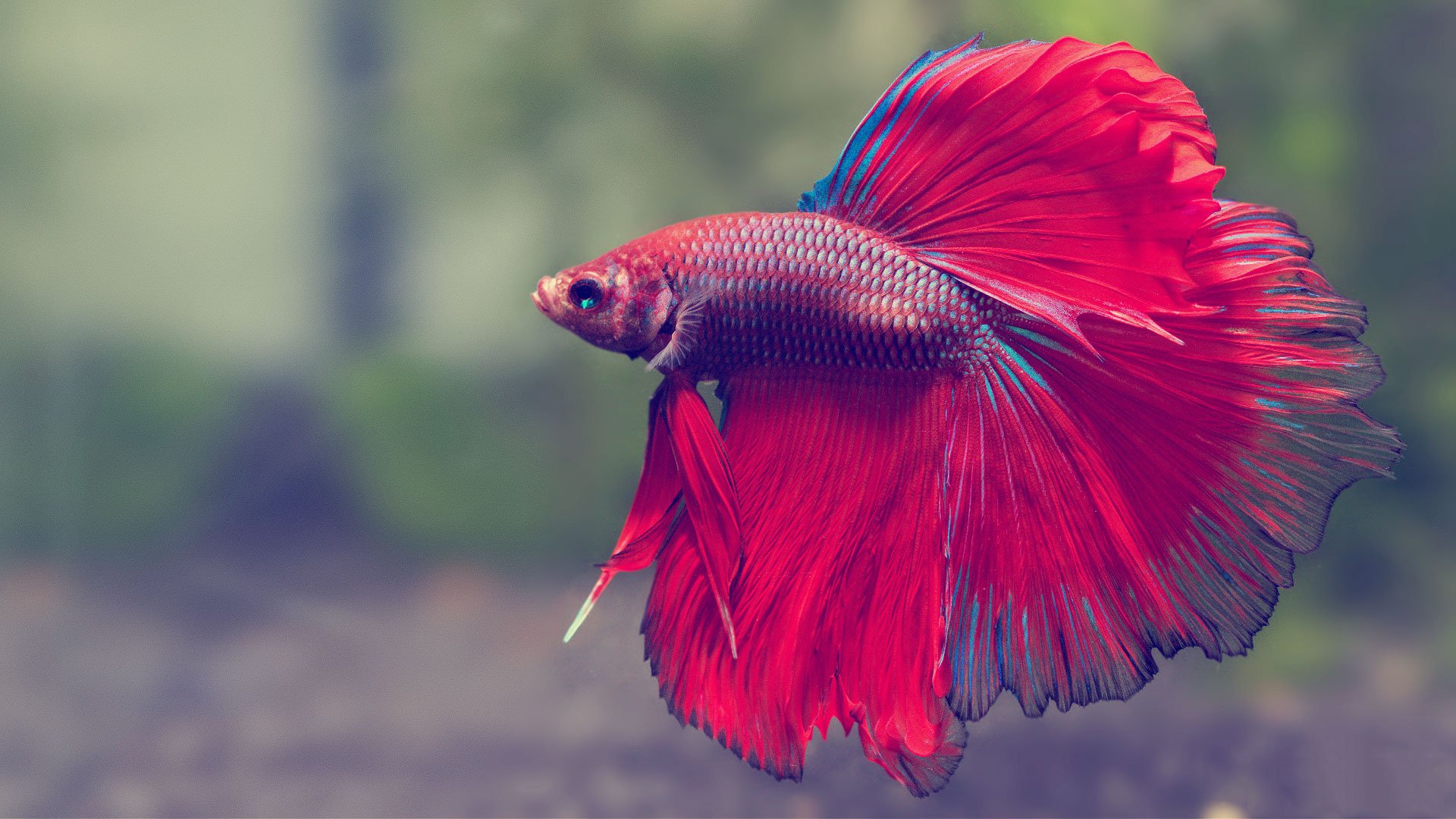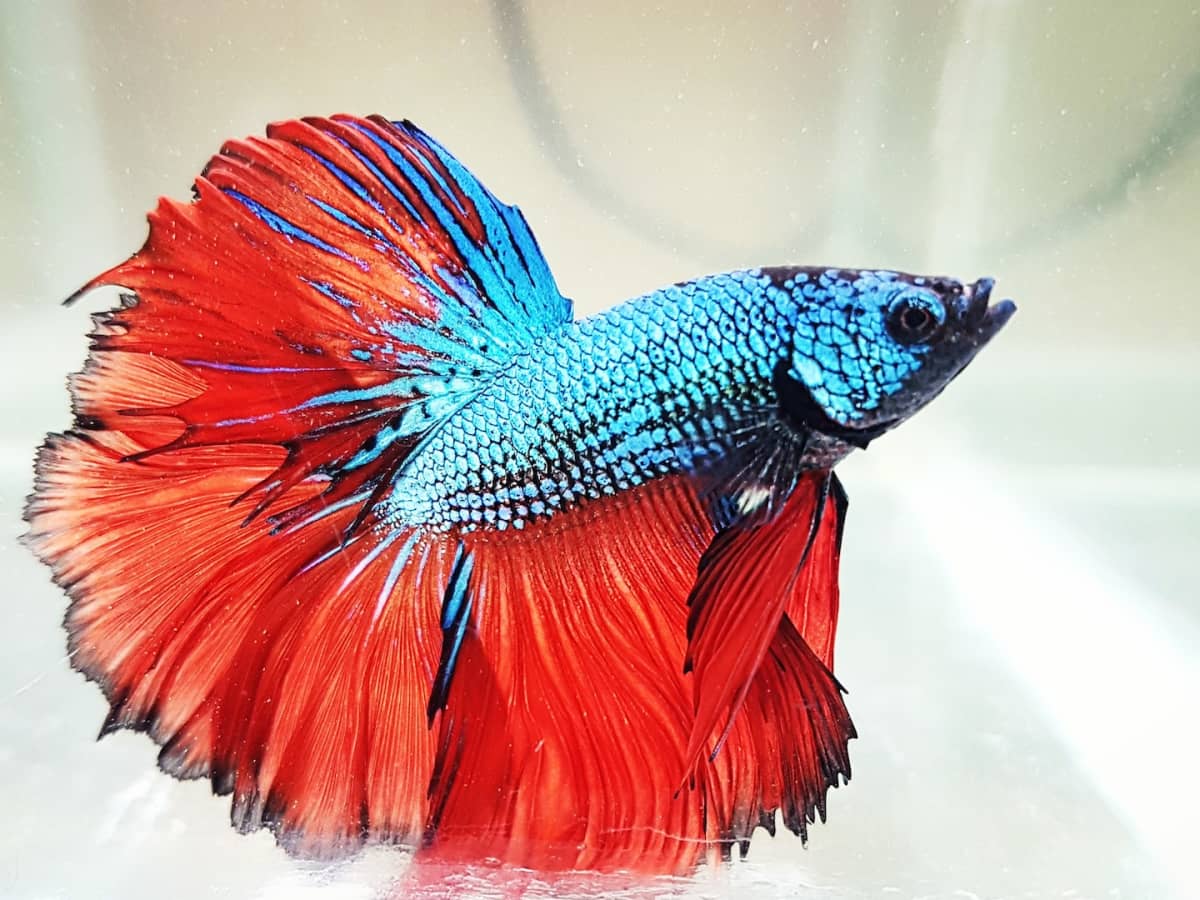Betta Fish Care: Important Tips for a Healthy and Delighted Pet Dog
Betta Fish Care: Important Tips for a Healthy and Delighted Pet Dog
Blog Article
Reproducing Betta Fish: a Comprehensive Step-By-Step Overview to Efficiently Raising Child Bettas From Eggs to Their Adult Years
Reproducing Betta fish is a precise venture that needs cautious preparation and implementation to guarantee the successful growth of fry from eggs to grow fish. Picking genetically diverse reproduction couple with desirable attributes is just the start; creating an optimal atmosphere and understanding the ins and outs of the breeding process are similarly vital. As the male Betta diligently constructs a bubble nest and guards the precious eggs, the succeeding stages of treatment and change need interest to information and expertise of finest practices. Just how does one browse the tough yet rewarding path of supporting these dynamic creatures to adulthood?

Choosing Breeding Pairs
When embarking on the trip of breeding Betta fish, picking the appropriate reproduction sets is important to attaining desirable traits and a healthy and balanced lineage - betta fish. The initial action in this procedure is to identify the details traits you want to improve or maintain, such as color, fin kind, and physique. It is necessary to pick genetically diverse sets to prevent inbreeding, which can lead to health and wellness problems and unfavorable characteristics
Evaluate possible breeding prospects thoroughly. A healthy and balanced male Betta needs to show lively colors, an energetic disposition, and well-formed fins, while the lady needs to likewise show vibrant pigmentation and a rounded stomach, showing preparedness for spawning. Observing the character of both fish is crucial, as hostile or extremely shy individuals might not reproduce efficiently.
Documents of family tree is equally essential. Keeping records of the moms and dad fish's origins can aid you track genetic attributes and potential concerns. Furthermore, get in touch with reliable breeders or on-line resources for advice on choosing compatible pairs. Eventually, spending time in the selection process will significantly improve the probability of generating strong, lively offspring that fulfill your reproduction objectives (betta fish).

Preparing the Reproduction Tank
Developing an optimum reproduction atmosphere is a vital action after choosing ideal sets for Betta fish. The breeding container must be especially made to offer convenience and stimulate the all-natural reproduction actions of the fish. Start with a tank size of at the very least 10 gallons to guarantee adequate area for both the male and women Bettas.
Keep a gentle purification system to keep the water tidy while staying clear of solid currents that can stress the fish. Furthermore, an air stone can be added to give oxygenation without interfering with the water surface excessive.
Temperature level guideline is vital; go for a stable variety of 78-82 ° F(25-28 ° C) using a reliable heating unit. The pH degree should be kept in between 6.5 and 7.5, and routine water adjustments are required to guarantee high water quality.
Integrate floating plants or spawning sponges to develop hiding places for the lady, while additionally encouraging bubble nest structure by the man - betta fish. Ultimately, make certain the container is without sharp decorations and any type of prospective dangers, as the well-being of the fish should always be prioritized during this important stage of breeding.
The Breeding Refine
Usually, the breeding process for Betta fish entails a collection of unique and observable behaviors that suggest preparedness for recreation. The male Betta starts by constructing a bubble nest at the water's surface area, which serves as a site for the fed eggs. This nest is vital, as it provides a risk-free setting for the eggs up until they hatch out.
Once the nest is established, the man will certainly present courtship habits, such as flaring his fins and showing vibrant shades to bring in the lady. The woman, upon picking up the man's readiness, will certainly react by presenting upright red stripes along her body, indicating her receptiveness.
The fertilized eggs then fall to the bubble nest, review where the male meticulously gathers and returns them to the nest. Following this, the male presumes obligation for guarding the nest and making certain the security of the eggs till they hatch out, generally within 24-36 hours.
Taking Care Of Betta Fry
Caring for Betta fry calls for mindful focus to their environment and nutrition to ensure healthy and balanced growth and development. After hatching out, Betta fry are incredibly tiny and at risk, requiring a secure and clean environment.
Feeding Betta fry is equally vital. Feed them tiny amounts numerous times a day, being mindful not to overfeed, which can lead to water top quality problems.
Transitioning to Grownup Bettas
As Betta fry mature, transitioning them to adult Bettas is a crucial phase that needs mindful management of their environment and social communications. This procedure typically begins when the fry reach around six weeks of age, whereupon they can be gradually presented to a much more organized living atmosphere.
To facilitate this change, it is vital to make sure that the water criteria-- such as temperature level, pH, and ammonia levels-- are optimal and stable. Grown-up Betta fish thrive in cozy water (around 78-80 ° F) with a pH of 6.5 to 7.5. Slowly accustom the fry to these conditions to reduce stress.
Social communications are one more vital variable; male Bettas are notoriously territorial and aggressive. Consequently, it is recommended to different males into private tanks as they develop. Women Bettas can be housed with each other, however care must be taken to monitor for signs of aggression.
In addition, dietary modifications need to be made as the fry grow. Incorporate top quality pellets and live foods to sustain their growth and health and wellness. By managing these variables successfully, you can promote a successful transition to adulthood for your Betta fish.

Verdict
Successful breeding of Betta fish needs cautious attention to information throughout the entire procedure, from selecting genetically diverse pairs to providing optimum care for fry. By making certain ideal reproduction problems and keeping water quality, the chance of healthy and balanced children increases significantly. find out here now In addition, a well balanced diet and progressive adjustment to grown-up environments are important for the development and growth of Betta fish. Adhering to these actions diligently fosters a growing population of her latest blog Betta fish, enhancing both their health and wellness and vigor.
Report this page